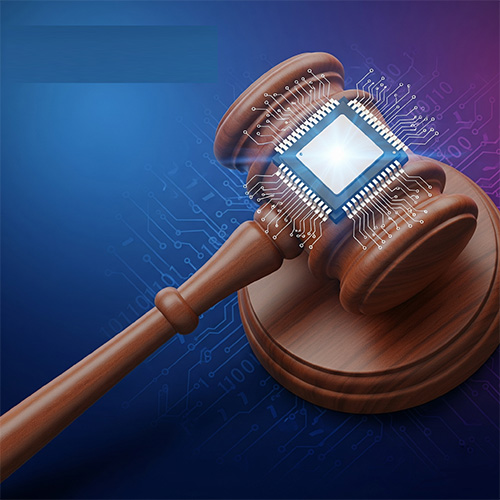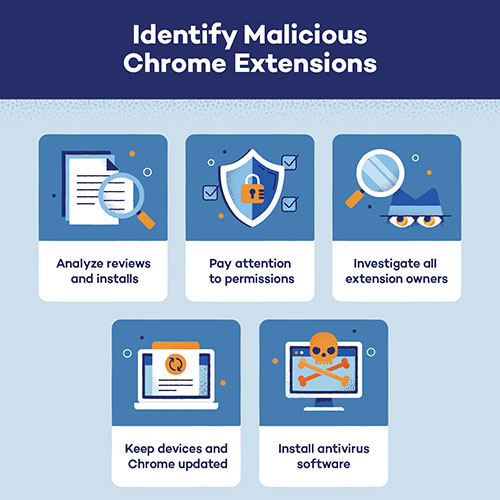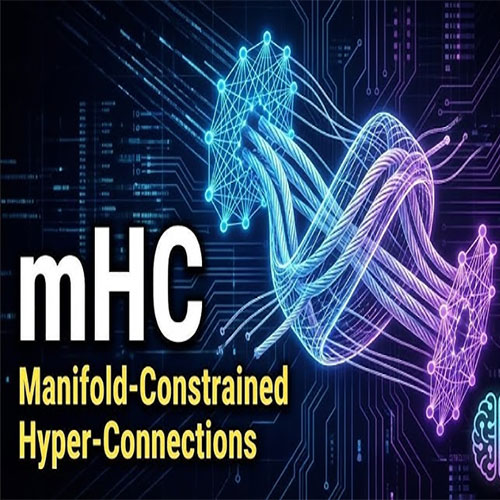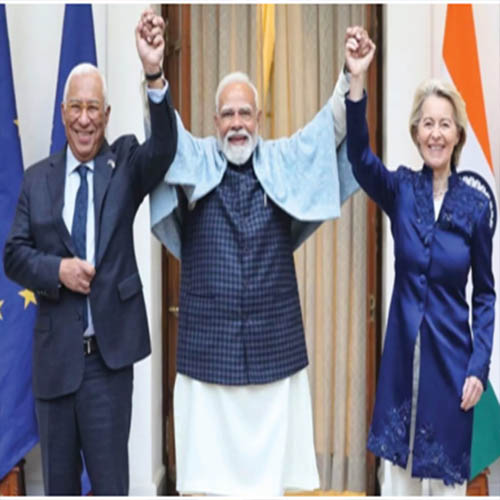
In a landmark decision, an Indian court has ruled that AI-generated videos and deepfakes that use a person’s likeness without consent amount to a clear violation of personality rights. The judgment marks a major step toward regulating synthetic media as the misuse of generative AI escalates globally.
The case centered on AI-produced videos that digitally replicated an individual’s face, voice, expressions, and mannerisms without authorization. The court held that such depictions deceive viewers and infringe on a person’s inherent right to control how their identity is used—both commercially and personally. These protected attributes include one’s name, image, voice, appearance, and other identifiable features.
The court stressed that consent is fundamental in all uses of digital identity. It warned that deepfakes can inflict significant reputational damage, emotional distress, and financial harm by making it increasingly difficult to distinguish genuine content from fabricated media. This vulnerability, the court noted, is especially dangerous in contexts such as political manipulation, fake endorsements, targeted fraud, and explicit deepfakes.
The ruling underscores the pressing need for updated legal frameworks to govern AI-generated content and protect individuals’ digital rights. It also places greater responsibility on online platforms to detect synthetic media, curb its distribution, and respond quickly to takedown requests.
As deepfake-related crimes surge, this judgment is expected to influence future litigation and policy-making, establishing a crucial precedent for safeguarding personality rights in the era of advanced AI.
See What’s Next in Tech With the Fast Forward Newsletter
Tweets From @varindiamag
Nothing to see here - yet
When they Tweet, their Tweets will show up here.





























